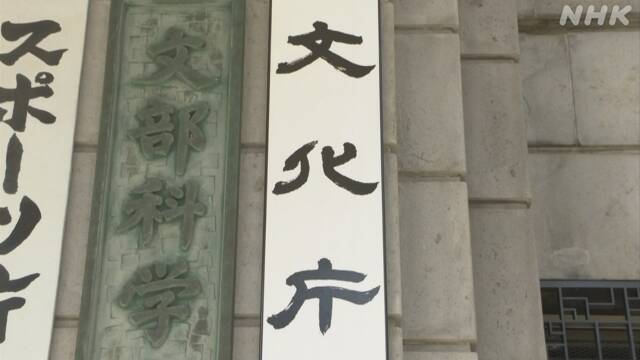A survey conducted by the Agency for Cultural Affairs on words related to the new coronavirus found that ``home time'' and ``silent food'' are pervasive.
The Agency for Cultural Affairs investigates changes in the use of Japanese every year, and this year it was mailed from January to February and received responses from 3,579 people aged 16 and over nationwide.
When asked about how the eight words related to the new coronavirus are used, the
highest percentage of respondents who answered that it is better to use them as they are were
▽ 69.1% for `` home time '',
▽ `` silent eating ''. ” was 64.9%,
▽ “People flow” was 50.2%, and
▽ “Vaccine passport” was 44.9%.
On the other hand, the lowest percentage was
▽ "new normal" at 11.6%,
▽ "breakthrough infection" and "booster vaccination" at 12.9%, and ▽ "aerosol"
at
14.2%.
There were many answers that it would be better to add , or to say it in another way.
Differences by age also appeared, and around 90% of teens answered that it was better to use both “home time” and “silent meal” as they were, but the percentage decreased as the age increased. , 56.6% of people in their 70s or older said “home time” and 48.7% said “silent meals”.
Yasuhiro Takeda, the chief Japanese language investigator of the Japanese Language Division of the Agency for Cultural Affairs, who conducted the survey, said, "It is difficult for the elderly to take root in katakana and new words. When using them, it is important to think about the balance between being easy to understand and communicating. I was talking.
Kokukoku = Hikyo?
In this survey, we also investigated the original meaning and usage of words written in dictionaries and the differences in perceptions of ordinary people.
"Kosoku" originally meant "temporary relief," but only 17.4% of respondents thought so, while 73.9% thought it meant "hikyo."
Also, only 23.7% of the respondents thought that "omit" means "letting go of things that are regrettable" in its original meaning, and 65.3% thought it meant "cutting away unnecessary things."
On the other hand, 12.2% of the respondents used the word ``raise your voice,'' which is the original way of saying ``to raise your voice'' in dictionaries and other sources. 79.7% of the respondents used "Rageru".

